Ten ways to make space for nature in your life this spring
Leugh ann an Gàidhlig / Read in Gaelic
Many of us are now spending more time outdoors than before the pandemic, and more than half of us want to take positive action to help Scotland’s wildlife. Spring is a wonderful season to put these intentions into action and build appreciation of the natural world into daily life.
Caring for nature not only helps us, it can help tackle climate change, ensuring a healthier and greener Scotland. Tune into our podcast series for more ways to Make Space For Nature.
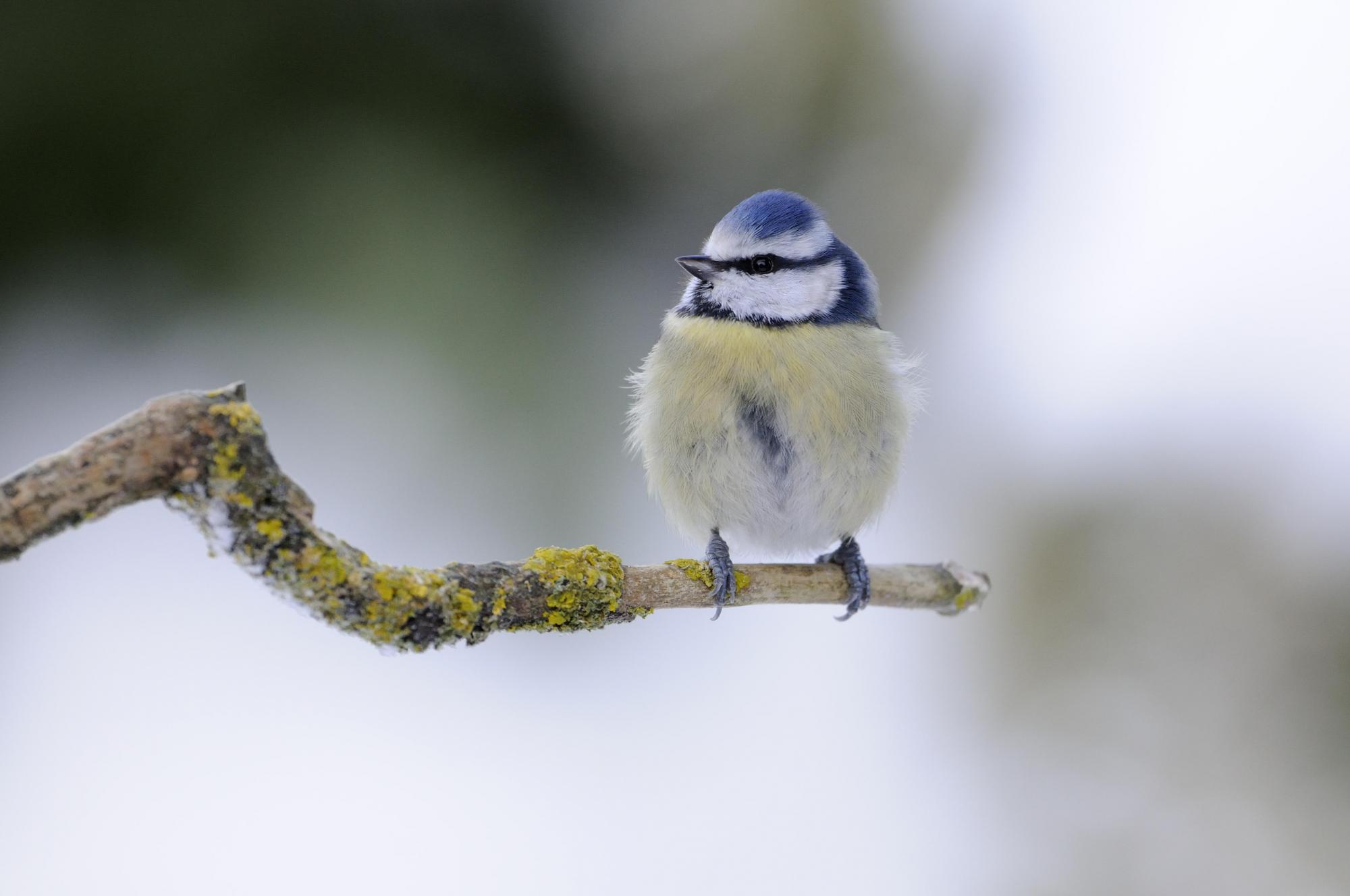
1. Help our feathered friends
Birds are busy building the perfect homes for their chicks. As well as some lazy gardening – such as not pruning bushes containing nests, and leaving some nest-building debris lying around – you may have space for a bird box or bird feeders.
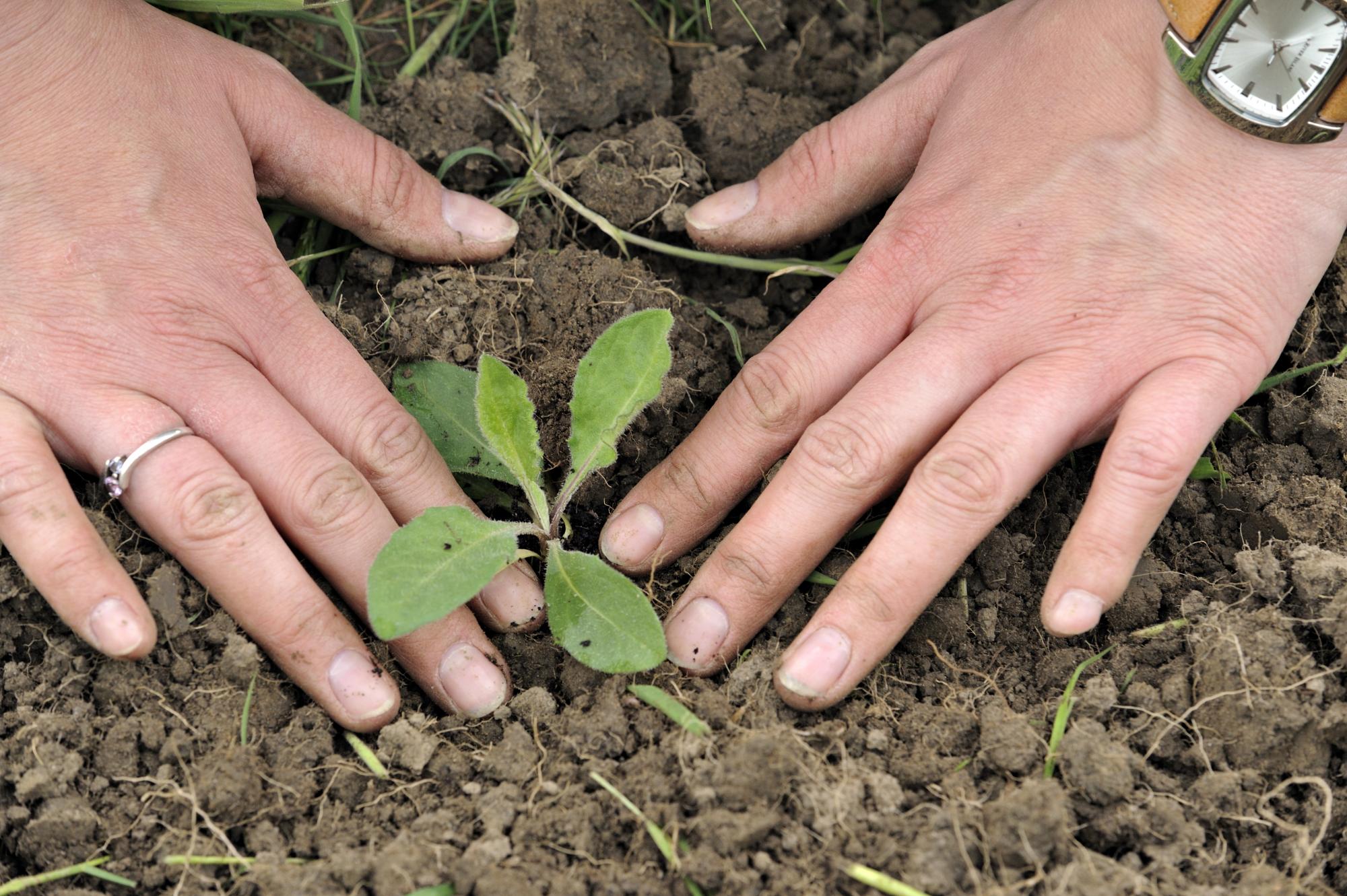
2. Nature needs us
Fight climate change by doing your bit. Help conserve our peatlands – Scotland’s most vital carbon store – by using only peat-free products in your garden. Help alleviate flooding in your local area by reducing the paving in your garden.
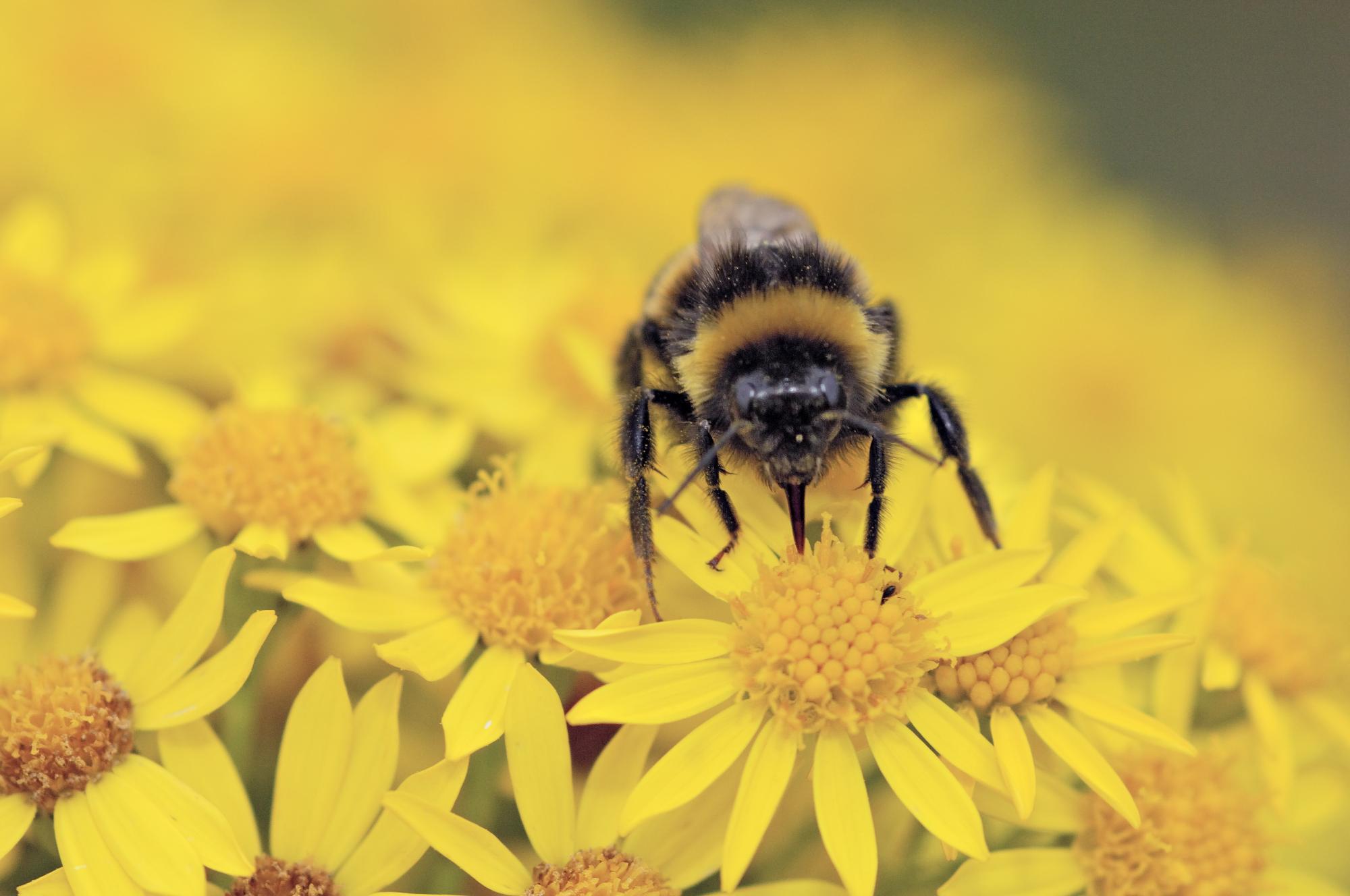
3. Feed the bees
Avoid cutting your grass until late spring, after the dandelions have flowered but before they set seed, as they’re an important food source for all types of pollinators. Avoid pruning any spring-flowering trees or shrubs and enjoy more nature in your garden.
4. We need nature
Many of us report health and wellbeing benefits after being outdoors. We de-stress, unwind, feel energised, and our physical health is improved. If working from home, try and take time for a daily walk, cycle or mindful minute – you won’t regret it. Enjoy this dawn chorus mindful minute, filmed during the spring, whenever you can. Healthy people need healthy nature.
5. Plant for pollinators
Spring can be tricky for pollinators as they emerge from hibernation. Aim to have pollinator-friendly plants flowering in your garden from March onwards. The beauty of emerging flowers is a classic sign that winter is finally over, providing a welcome boost to the spirits. Whether it’s snowdrops, bluebells or primroses, the impact is the same – spring has sprung and summer is on the way!
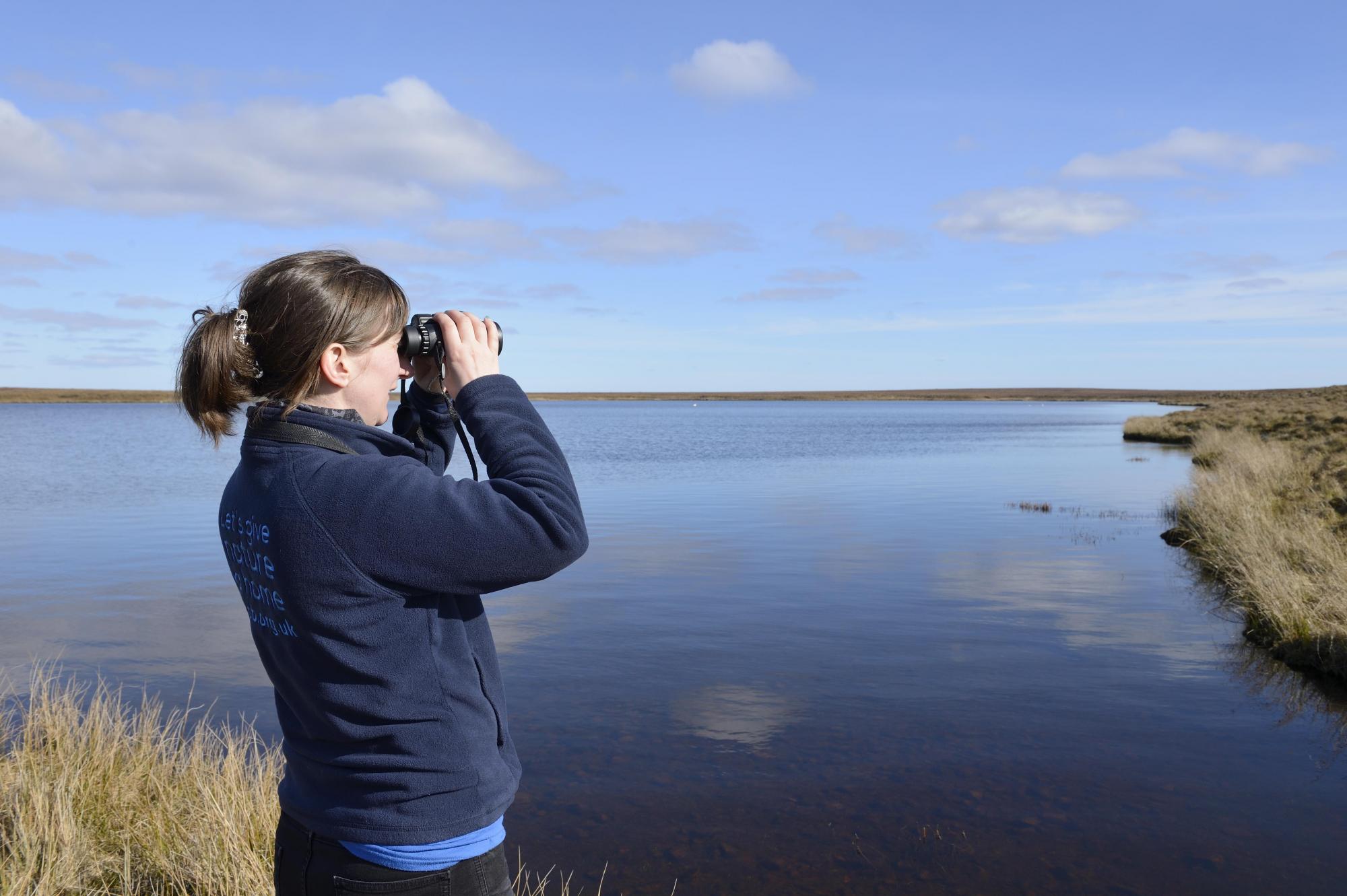
6. Give some time
Plenty of organisations would really love your help, particularly as much volunteering was suspended during Covid restrictions. As restrictions ease and volunteering work resumes, now is a great time to search for opportunities near you.
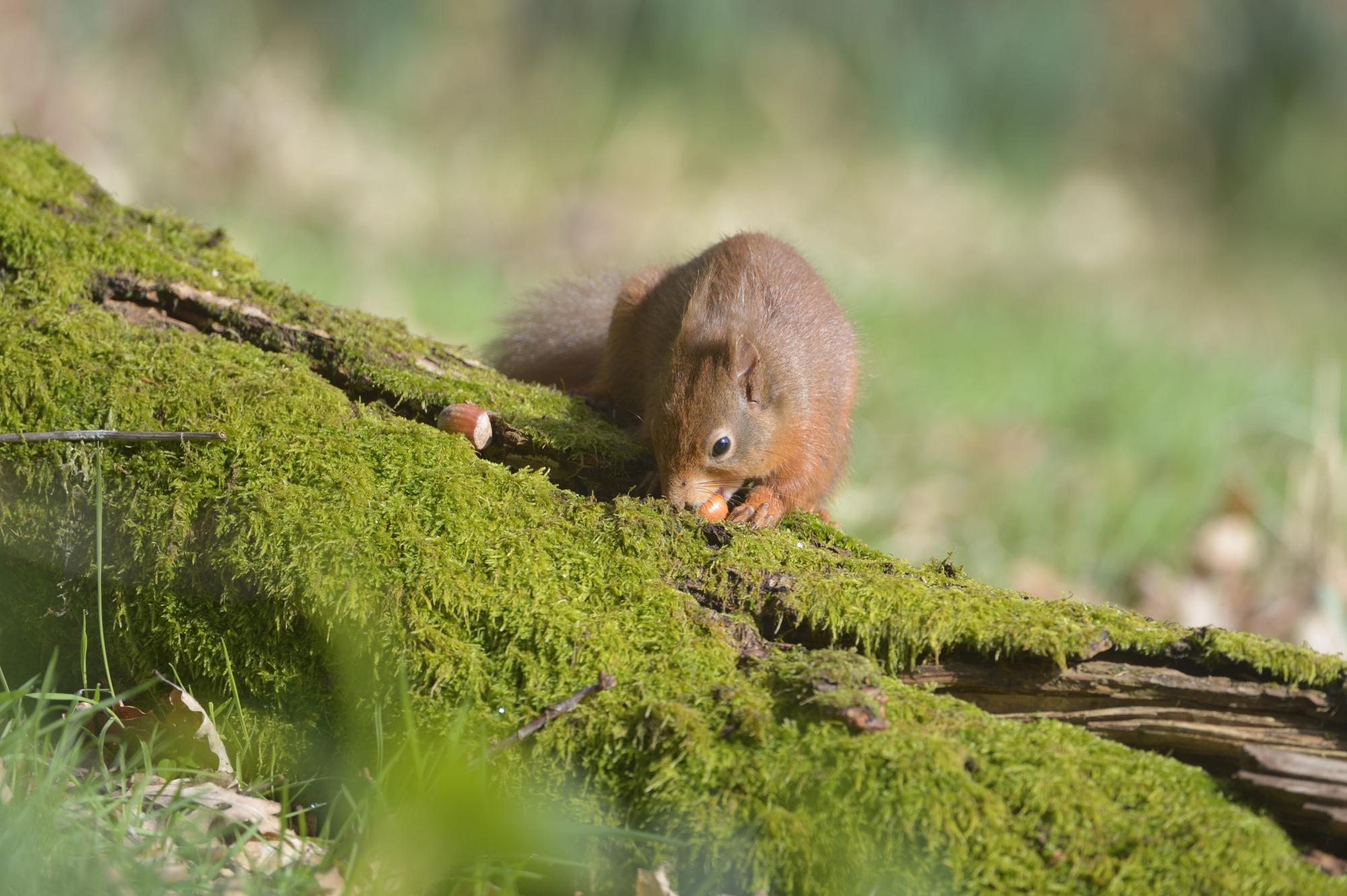
7. Be part of something
Submit sightings of birds, mammals, amphibians, insects, plants and more, or report any invasive non native species. It’s really easy and fun for all – plus many surveys can be done via your smart phone. You really can make a difference.
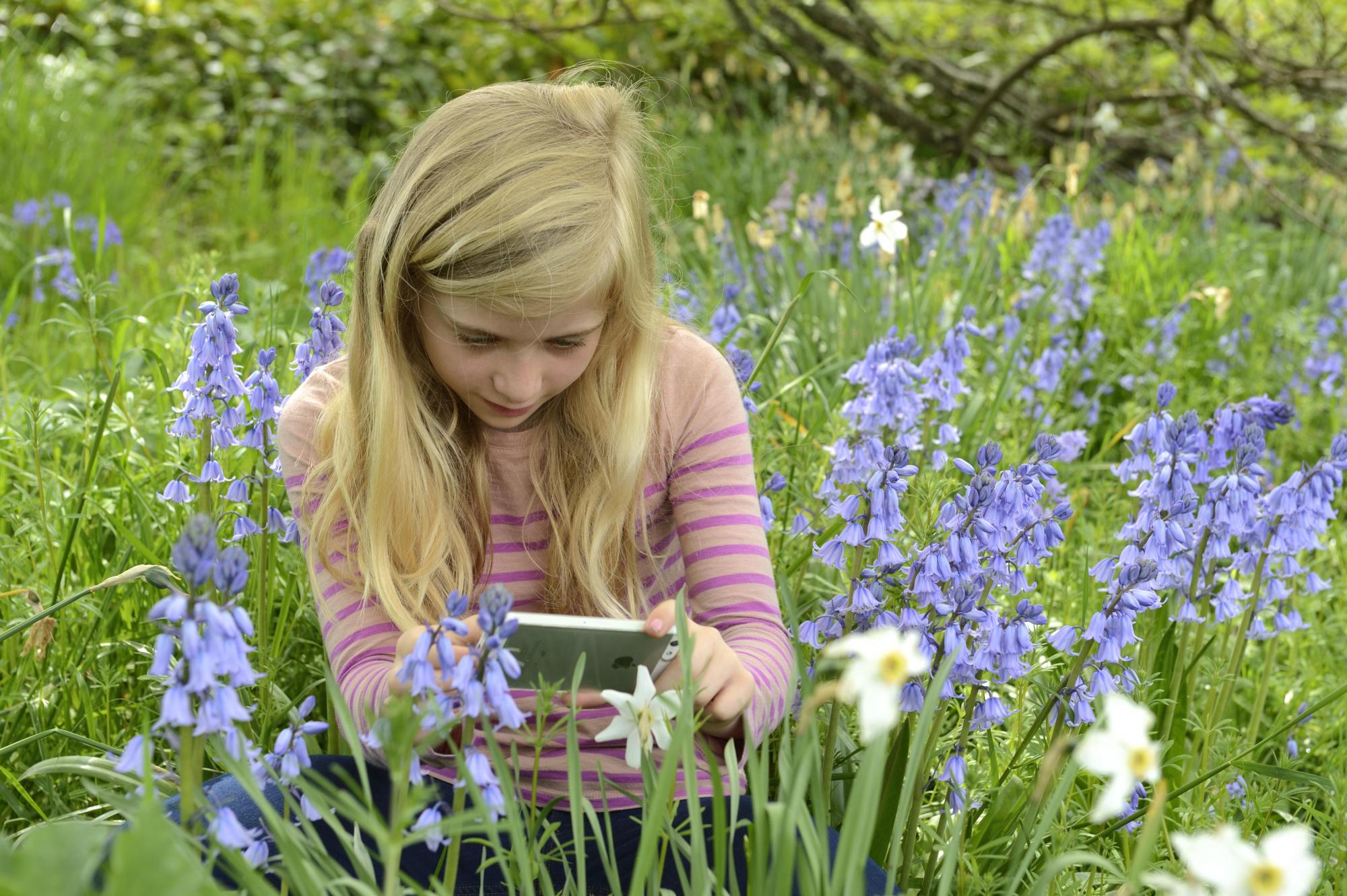
8. Learning outdoors
Most of us want our kids to spend more time outdoors. Try a nature hunt, spot the fern unfurling, snowdrops or buds appearing, download bird ID apps….or simply listen to the bird song, and look out a window and take in the seasonal changes.
9. Provide a pond
Frogs, toads and newts all wake-up from hibernation in the spring to search for homes and mates, and all can thrive in garden ponds. As well as frogs and toads a pond can attract newts, dragonflies and much more. If a pond isn’t possible, even using an old washing up bowl of water or a deep saucer of water on a windowsill can help.
10. Feed local wildlife
Keep feeders regularly topped up and remember to provide water too. To attract a range of garden birds try putting out seed mixes, sunflower hearts, meal worms, soft apples and pears, and even mild grated cheese. Avoid bread, peanuts and fat at this time as these can be a choking hazard and harmful if adult birds feed them to their young.

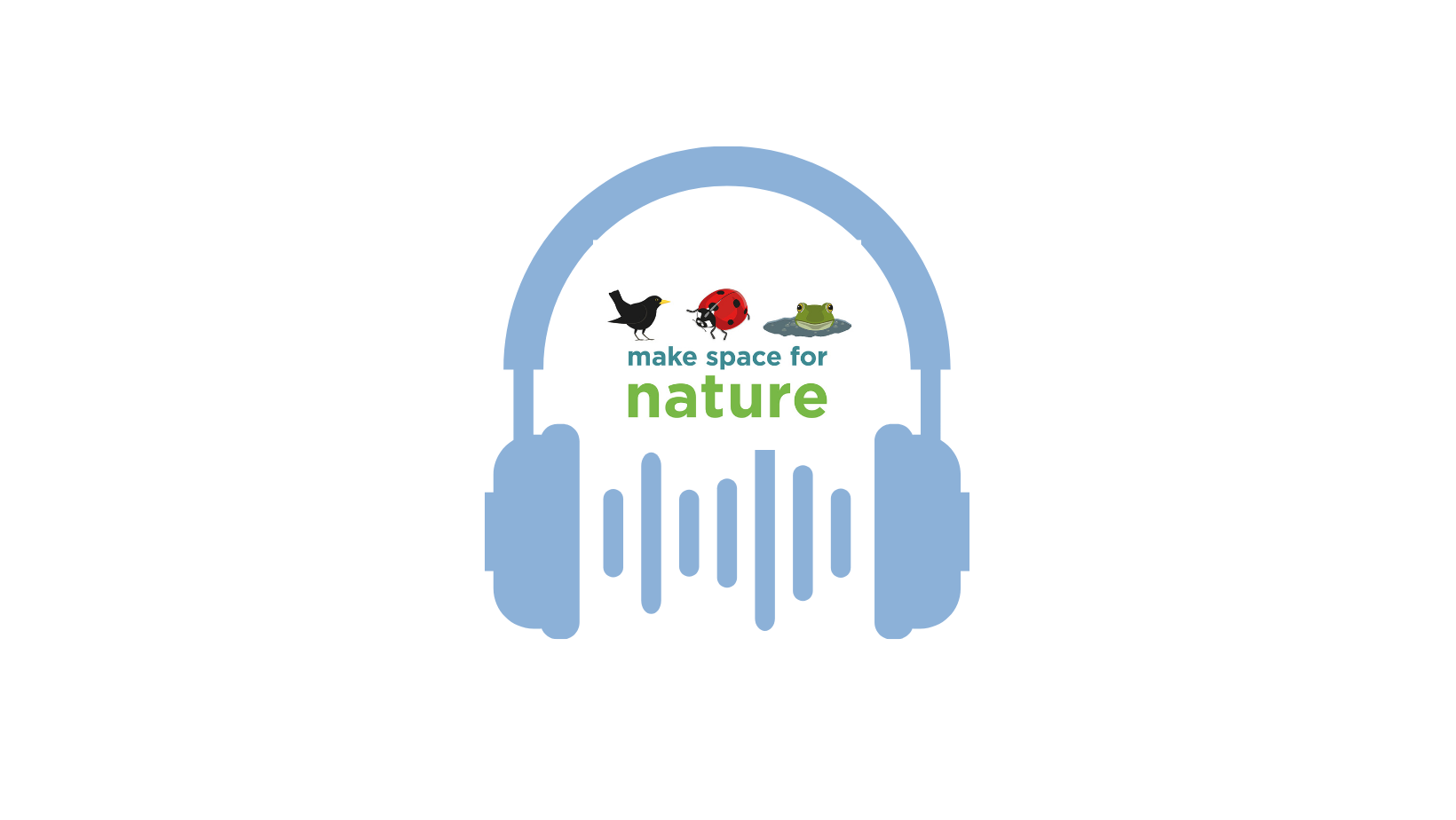
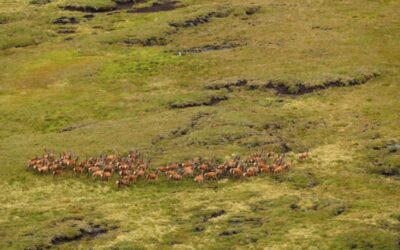
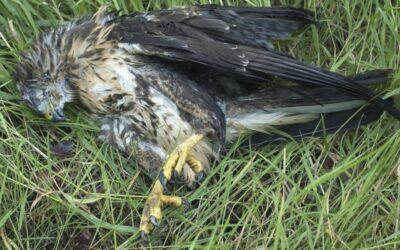
0 Comments